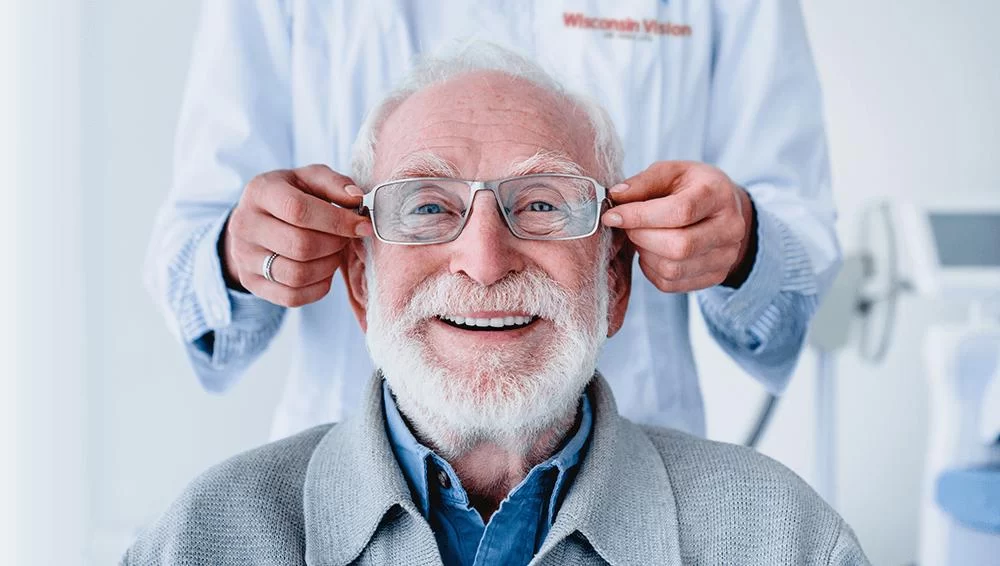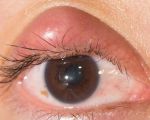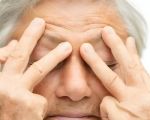
Finding the Best Places for an Eye Exam as a Senior
As a senior, maintaining healthy vision is crucial for an independent and fulfilling life. Regular eye exams become even more important as we age because our eyes undergo changes that can affect our overall health. When I reached my 60s, I realized the significance of routine eye exams, and over time, I have learned where to find the best eye care services for seniors in the USA. In this article, I will share my insights on where you can get the most comprehensive and affordable eye exams tailored for older adults.
Why Regular Eye Exams Are Essential for Seniors
As we grow older, our risk for various eye conditions increases. Cataracts, glaucoma, macular degeneration, and diabetic retinopathy are just a few of the conditions that seniors are more likely to develop. Regular eye exams can help detect these issues early, ensuring timely treatment and preventing further complications. I’ve personally experienced how eye exams can uncover issues that, if left unchecked, could severely impact quality of life. Early intervention has made all the difference for me and others I know.
Where to Get the Best Eye Exam for Seniors in the USA
Finding a trustworthy place for your eye exam as a senior involves understanding your specific needs, from affordability to specialized care. There are several options across the USA, including private eye clinics, optometrists, and even hospital-affiliated programs that cater to the elderly. Here are some of the best places I recommend for a thorough eye exam:
1. Private Eye Care Clinics
Private eye care clinics are some of the best places for seniors to get a detailed eye exam. These clinics are often equipped with the latest technology to detect eye diseases at their earliest stages. They usually offer more personalized care, which I found to be beneficial when dealing with complex vision issues.
In private clinics, the staff is generally more attuned to the needs of older adults, providing a comfortable and stress-free environment. For example, I’ve visited a private clinic in California where they made sure I was thoroughly educated about my eye health. They took the time to explain all test results and options for vision correction or disease prevention. The attention to detail here made me feel valued as a senior patient.
2. Optometrist Offices
Optometrists are another excellent option for senior eye exams. They specialize in diagnosing and treating vision problems, including prescribing glasses and contact lenses. In many cases, optometrists have relationships with ophthalmologists, so if a more serious issue is discovered, they can easily refer you to a specialist.
During my visit to an optometrist in New York, I found their services to be incredibly senior-friendly. They offered extra time for me to ask questions and made sure I felt comfortable throughout the entire process. Many optometrists also provide discounts or packages for seniors, making the service more affordable.
3. University-Based Eye Care Programs
Some universities offer excellent eye exam services through their medical schools, where students, under the supervision of experienced professionals, conduct exams. These programs often provide high-quality eye exams at lower prices, which is especially beneficial for seniors on a fixed income.
My experience with a university-based program in Michigan was remarkable. The students were very thorough, and the supervising doctors made sure the exams were detailed and that I understood my results. Additionally, the cost was significantly lower than a regular clinic, making it an affordable option for seniors.
4. Senior Care Centers with Eye Exam Services
Many senior care centers across the country offer eye exams as part of their healthcare services. These centers focus specifically on the needs of elderly patients, which includes providing eye exams to detect common age-related issues. I’ve visited one of these centers in Florida, and their on-site optometrist made it easy for seniors like me to get checked without leaving the facility. The convenience of having an eye exam during a regular visit to a senior care center is an option I highly recommend to my friends.
What to Expect During Your Eye Exam
When you go for an eye exam, it’s important to know what to expect. I learned the importance of asking questions before, during, and after the exam. Eye exams for seniors usually include several steps to ensure the doctor thoroughly evaluates your vision health.
First, the doctor will check your vision with a standard eye chart test. They’ll ask you to read letters at different distances to assess your sharpness of vision. They will also perform a dilation test to check the health of the back of your eyes, looking for conditions such as macular degeneration, diabetic retinopathy, and glaucoma.
Another important test is the intraocular pressure test, which is used to check for glaucoma. As a senior, I found this particularly important because glaucoma runs in my family, and it can be detected early with a simple test. If any issues are found, the doctor will discuss treatment options with you right away, ensuring that your vision remains in good health.
Senior Discounts and Insurance Options
For many seniors, the cost of eye exams can be a concern. However, many clinics, optometrists, and senior centers offer discounts for seniors, making eye care more affordable. Additionally, Medicare often covers certain eye exams, especially for those with medical conditions like diabetes or glaucoma.
When I first started looking for affordable options, I was surprised to learn how many providers offer discounts or work directly with insurance companies to lower the cost. It’s a good idea to call ahead and inquire about discounts, insurance coverage, and packages specifically designed for seniors.
Making the Most of Your Eye Exam
During your exam, don’t be afraid to ask questions or bring up concerns about your vision. It’s always helpful to write down any changes you’ve noticed in your eyesight, such as difficulty reading small print or blurred vision at night. The more information you provide, the better the doctor can assist you in managing your eye health.
Also, if you wear glasses or contact lenses, be sure to bring them with you to the exam. This allows the doctor to evaluate how well your current prescription is working and whether any adjustments are needed. Over time, I’ve found that keeping a log of any visual changes and discussing them with my eye doctor has been incredibly helpful in maintaining healthy eyesight as I age.
Conclusion
Finding the best place for an eye exam as a senior involves understanding your needs, from the affordability of services to the quality of care. Whether you visit a private clinic, an optometrist, or a university-based program, what matters most is that you are proactive about your eye health. Regular exams are essential to detect issues early and ensure that your vision remains sharp and clear throughout your senior years.








